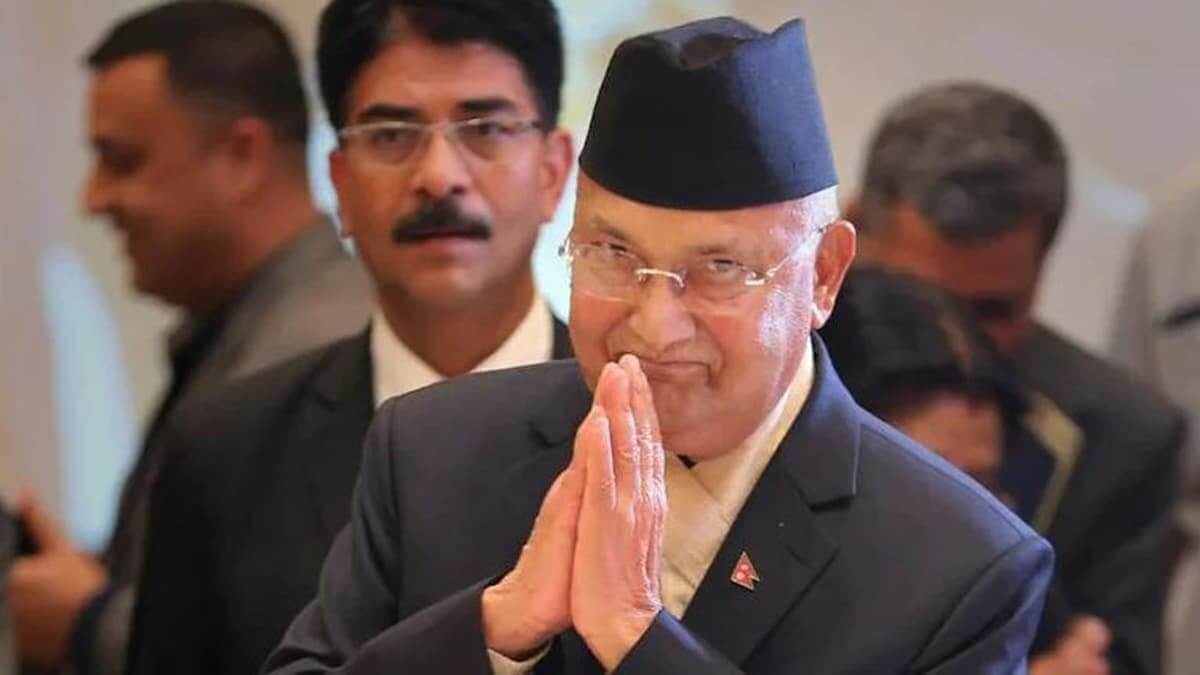The Supreme Court of Nepal has ordered the reinstatement of the Parliament, effectively reversing Prime Minister (PM) KP Sharma Oli’s decision to dissolve the House in May. In addition, the court stated that since Oli had lost his majority in Parliament, his opponent, Sher Bahadur Deuba, should be appointed as the PM. The verdict was specifically critical of PM Oli and accused him of violating constitutional provisions while dealing with the nation’s political crisis.
On Monday, Al Jazeera quoted Supreme Court official Debendra Dhakal as saying that the court had ordered the Parliament to be reconvened within seven days and “Sher Bahadur Deuba [to] be appointed as prime minister within two days.” Moreover, reports suggested that after being appointed as the PM, Deuba will call for a vote of confidence within a week, which he is mandatorily required to do within 30 days of assuming the position.
The decision came in favour of the petitioners, who filed 30 writ petitions before the court, including one by the 146 legislators of the Parliament, including Deuba, demanding that the court issue a mandamus order to the President to appoint Deuba prime minister.
The order has been opposed by Oli’s supporters, who protested outside the Supreme Court. They believe that the court’s decision amounts to interference in the Parliament’s affairs and violates the elected peoples’ rights. On the contrary, opposition party Nepal Congress celebrated the judgment, which they believe has paved the way for a “clear political alternative” to Oli.
The Supreme Court’s verdict comes a day after a 10-member task force of two groups led by Madhav Kumar Nepal and Oli reached a 10-point agreement. One of the key features of the agreement read: “On the House dissolution case that the Supreme Court is examining, we will move ahead by following institutional decisions and the spirit of party unity.”
Not only does this verdict come as a fresh challenge for Oli’s political ambitions, but it also pushes the country into new political uncertainty. In May, President Bidya Devi Bhandari announced the dissolution of the Parliament and called for fresh elections, “as both caretaker PM Oli and the Opposition parties were unable to materialise an alliance to stake a claim and form a majority government.”
It was the second time in five months that Nepal’s Parliament had been dissolved on the advice of Oli. In December 2020, Bhandari decided to dissolve the Parliament and call for fresh elections on April 30 and May 10, 2021. Simultaneously, the dissolution was met with fierce opposition from rivals in the Nepal Communist Party, including Prachanda. In February, however, the Supreme Court annulled the government’s move and reinstated the dissolved Parliament, ordering the leadership to summon the House within 13 days.

